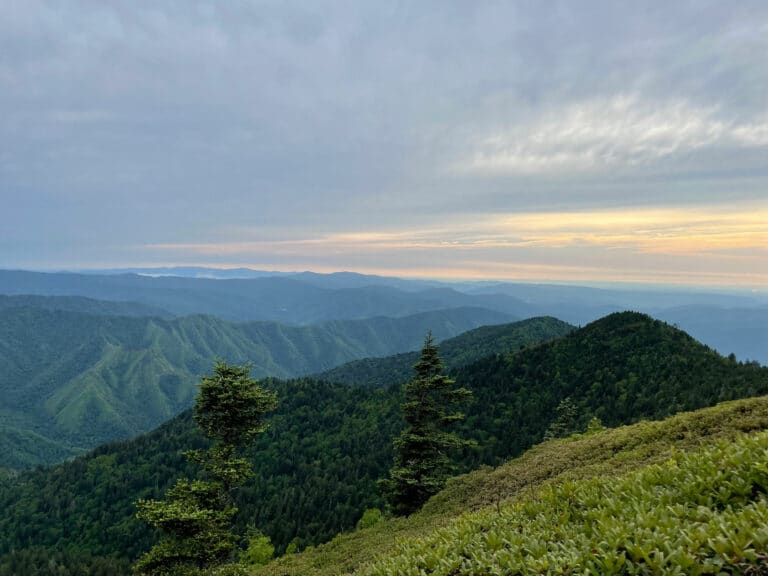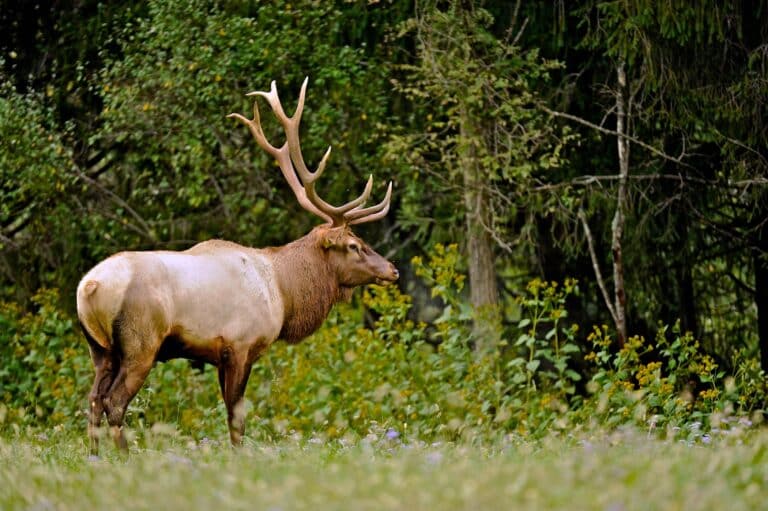Cyclists pursue ultramarathon speed records
Last summer, when most guys his age were on the golf course, 64-year-old Gerry Eddlemon set 10 state cycling speed records. Eddlemon, an extreme road biker from Knoxville, Tenn., is part of a small niche of ultracyclists who like to post the fastest times for pedaling across states from one end to the other. Multiple speed records are attainable for each state: riding north to south and east to west, those directions in reverse, and a double-cross for roundtrip attempts. A governing body, the Ultra Marathon Cycling Association (UMCA), officially sanctions the records.
 Setting an official speed record isn’t as simple as jumping on a bike and phoning in your time. Riders must submit an application and hire an approved UMCA official to follow along in a car for the entire ride to make sure the cyclist is following the rules. Cyclists are held to raw time from start to finish; there are no timeouts for sleep breaks or bike repairs. If a ride is over 24 hours, cyclists must have at least two officials and two additional crew members. Once a particular record is set in a state, the end points must remain the same on subsequent attempts, but riders attempting to break the record can use any route they choose to reach those points.
Setting an official speed record isn’t as simple as jumping on a bike and phoning in your time. Riders must submit an application and hire an approved UMCA official to follow along in a car for the entire ride to make sure the cyclist is following the rules. Cyclists are held to raw time from start to finish; there are no timeouts for sleep breaks or bike repairs. If a ride is over 24 hours, cyclists must have at least two officials and two additional crew members. Once a particular record is set in a state, the end points must remain the same on subsequent attempts, but riders attempting to break the record can use any route they choose to reach those points.
“This is much more than being able to ride long distance,” says UMCA chairman Drew Clark, who has set state speed records in Illinois and Indiana and served as an official. “The logistics are significant in terms of getting an official and a crew together. Most of our riders only have one or two state records, because getting everything together is difficult.”
The exception is Eddlemon, who has 41 records in states and Canadian provinces including Delaware, Connecticut, Rhode Island, Vermont, Mississippi, Kentucky, Tennessee, New Hampshire, New Jersey, and South Carolina, as well as New Brunswick, Nova Scotia, and Prince Edward Island in Canada. Thanks to his own unwavering determination and a dedicated crew that includes his wife Mikki, Eddlemon’s speed record total is more than double that of any other ultracyclist.
“It’s really a team sport, even though I’m the one doing all the pedaling,” says Eddlemon. “When it comes to maintenance and getting supplies ready, having the right crew in place makes all the difference.”
The retiree took up cycling in 2002 after his injured knees were no longer able to run, and he soon became admittedly obsessed with testing how far he could push himself. In addition to the state records, his resume includes victories in 100- and 200-mile races and 12-hour track races. He also was the first cyclist over 60 to finish the Tejas 500-Mile Race in the 90-degree heat of the Lone Star State.
The state records, though, offer challenges not found in official races. There are no other cyclists to draft off of, or even to talk to. While crossing Kentucky, Eddlemon was bitten by a pit bull. He also pedaled through swarms of biting flies on the New Jersey Shore and pushed it through the steep climbs of New Hampshire’s White Mountains in a rainstorm.
The rules can also get in the way of a record. Officials can make riders take a break if they seem too sleep deprived. Riders must come to a complete stop at all stop signs or they incur a time penalty. Eddlemon was on pace to reclaim a north-to-south record in Connecticut, and then just a few miles from the waterfront in New Haven, he got caught in the traffic of a street festival. After being stuck for four cycles of the same traffic light, he ended up rolling into the finish line one minute over the record.
Despite repetitive saddle aches and respiratory infections from exhausting his body on the bike, Eddlemon has more records in his sights this year. Although he won’t name specifics in an effort to keep the competition guessing, he did reveal that Maryland is one state he will be riding.
“It’s a balancing act between tearing yourself down and building yourself back up,” Eddlemon says. “When you’re on a bike for 24 hours, it doesn’t feel good. I realize I’d have more fun doing shorter distances. I am just genuinely fascinated by what my body, mind, and soul can do.” •
SPEED RECORDS IN THE SOUTH
Carolinas
The record for crossing North Carolina has stood since 1998, when Terry Lansdell of Charlotte pedaled 563.5 miles east from the mountains to the sea in 41 hours and 33 minutes. The same year Landsell also set a record for riding South Carolina north to south (230.2 miles in 11 hours and 38 minutes). Gerry Eddlemon holds South Carolina’s south to north record—set with a 238.3-mile ride that took 16 hours and 47 minutes in 2007.
Virginias
In 2006 50-year-old Wes Wilmer pedaled a 333-mile route that covered the length of Virginia from south to north in 19 hours and 22 minutes. Dan Shook, 55, of Wadsworth, Ohio, rode 225.6 miles from the northern end of West Virginia down to the border in 13 hours and 49 minutes.
Tennessee and Georgia
Tennessee has a longstanding west to east record: Terry Arnold pedaled 515.3 miles from Memphis to the mountains in 1994 in 33 hours and nine minutes. Georgia, on the other hand, saw a new record set just last spring by Kevin Kaiser, 41, who rode 302.8 miles from the coast to the ‘Bama line in 16 hours and 39 minutes.
C&O Towpath
The Chesapeake & Ohio Canal Towpath record was set in May 1993 by Kevin Clune, who rode the 184.5-mile rail trail from Washington, D.C., to Cumberland, Md., in 13 hours, 42 minutes. This record will apparently remain on the books for good, as the towpath has since been restricted with a 15 mph speed limit.
Blue Ridge Parkway
On June 28 and 29, 2000, Chris Boone set the cycling speed record on the Parkway by riding the entire mountainous 469 miles in 29 hours 36 minutes. Attempting to break the Parkway record has become problematic, as the National Park Service prohibits cycling at night.







